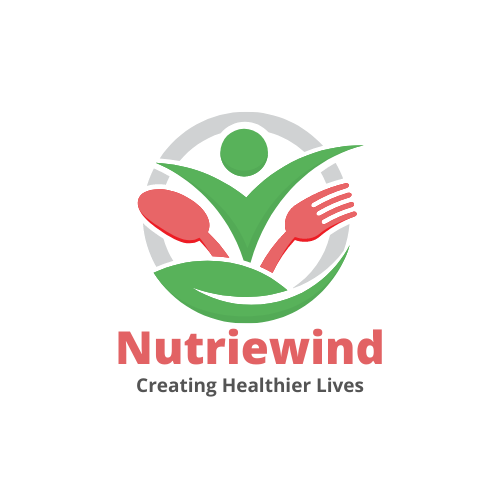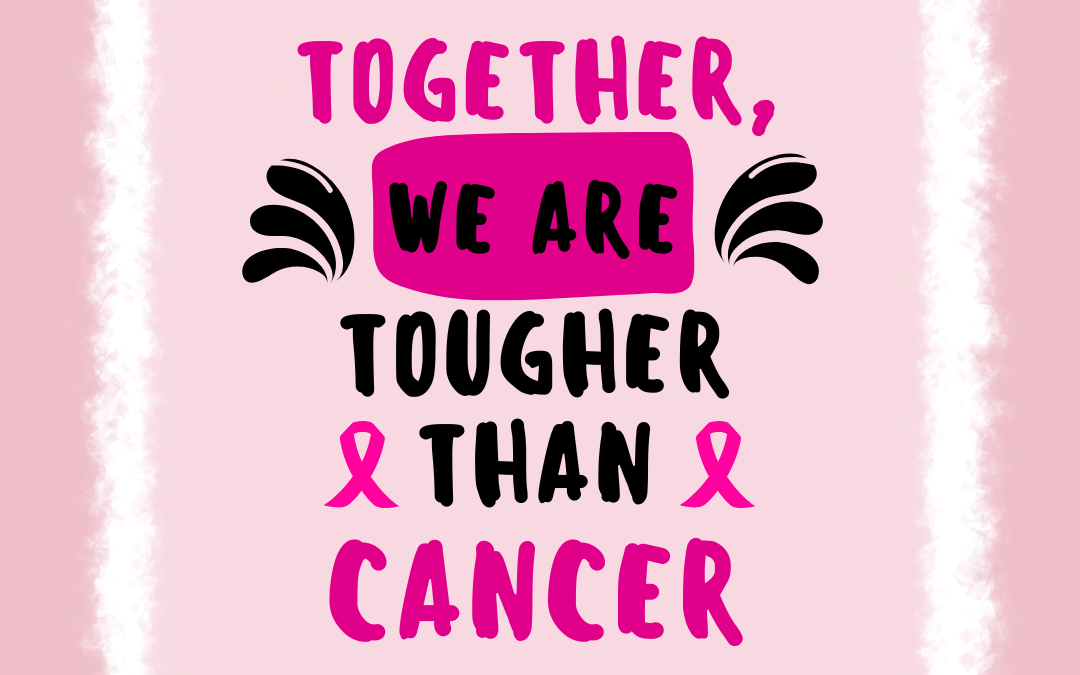Oncology Nutrition-
Cancer is considered to be one of the leading causes of morbidity and mortality worldwide. According to WHO, the number of new cancer cases is expected to rise by about 70% over the next 20 years so oncology nutrition is the base to fight against this war.
Cancer is a life-threatening disease that is caused by abnormal cell division and the reproduction of cells which then spreads to the other body parts. The development of cancer is a multistep process that occurs in three stages: initiation, promotion, and progression. Cancer requires a high level of treatment with high-radiation devices, strong medicines, and countless doctor visits with surgery, chemotherapy, cytotoxic, radiation, immunotherapy, and hormonal treatments. While undergoing treatment, most cancer patients suffer gastrointestinal troubles. It affects the patient’s diet as well, which calls for a high-calorie modifier diet and, in some cases, specialized feeding approaches like TPN as well. When you have cancer, your body needs proper nutrients and calories to recover from treatment. Yet, eating well can be difficult when you feel nauseous, weak, or don’t have the energy to cook. That’s where an oncology dietitian comes in.
An oncology dietitian works with cancer patients and their families to develop a diet during radiation.
Good nutrition is important for cancer patients. Maintenance or improvement in nutrition status is the key goal of medical nutrition therapy for individuals undergoing treatment for cancer. This medical professional helps patients to adjust their nutritional intake and optimize health and minimize side effects caused by cancer and cancer treatments.
Common sites of cancer –
The most common sites of cancer among Indian men are lung, colon, rectum, stomach, head and neck and liver. The most common sites of cancer among Indian women are the breast, ovary, lip and oral cavity, lung, and cervix.
Causes of cancer –
A number of exogenous factors are known to cause cancer, including the following:
- Tobacco use
- Infectious agents (e.g., bacteria, parasites, viruses)
- Medication
- Radiation
- Chemical exposure (e.g., polychlorinated biphenyls, organic compounds used in plastics, paints, adhesives)
- Carcinogenic components found in foods and beverages (e.g., aflatoxins, heterocyclic amines, polycyclic aromatic hydrocarbons, N-nitroso compounds)
Endogenous causes of cancer include inherited germ-line mutations, oxidative stress, inflammation and hormones.
Why is oncology nutrition important during Cancer treatment?
Although all patients with cancer are at nutritional risk, not all patients with cancer become malnourished. Therefore, nutrition screening and the nutrition care process including oncology nutrition assessments, ongoing monitoring, and follow-up are crucial for preventing or minimizing the development of malnutrition at all stages of treatment. Treatment procedures, as well as psychological impact, can cause weight loss and also anorexia in some cases. Protein-energy malnutrition is a common case that affects the advanced stage of cancer. Weakness altered basal metabolic rate, as well as abnormalities in the fluid and energy metabolism also start to surface when the stages advance. Carbohydrates, lipid metabolism, and protein are all altered by tumor growth. With changes happening in the body, it is highly likely that you lose your appetite.
Few points which explain the importance of nutritional treatment in cancer-
- Achieve and maintain a healthy body weight
- Prevent or reduce nutrient deficiencies
- Prevent lean body mass and maintain strength and energy
- Improve tolerance to treatment
- Reduce the risk of cancer reoccurrence
- Minimize the effect of nutrition-related side effects and complications
- Maximize quality of life
- Be physically active
How a oncology dietician can help Cancer patient?
When you consult an oncology Dietician through NUTRIEWIND, you improve your chances of fighting cancer and fast recovery. Optimal nutrition and a tailored/ balanced/ high calorie diet that matches your specific health condition have several benefits:
- It decreases the chances of infection.
- It helps increasing appetite.
- Improves immune function of the body.
- Deals with many routine side effects like fatigue, feeling hungrier than usual, constipation, alteration in taste, Diarrhea, not feeling hungry, etc.
- Maintain the daily nutrition requirements of body.
- Maintain body weight and improve mental health.
- Helps rebuild the body tissues.
- Improves the overall strength of the body and also increases energy.
- Motivates patients to deal with the deadliest disease.
To meet these benefits Oncology dietitian would monitor the nutritional status and also suggest you diet modifications from time to time for a diet that is high in protein and calorie with optimum vitamins, minerals and antioxidants intake according to the general recommendation. It is during this time that your body requires more fuel than the normal to repair the effects of cancer treatments. It has been affirmed by National Cancer Institute, about one-third of the deaths in case of cancer are related to malnutrition. Hence, it is essential that you provide your body the much-needed dose of nutrients that helps fuel the healing process.
NUTRIEWIND can help you maintain a healthy diet enriched with healthful foods that offers nourishment and also helps to maintain a balanced diet. The vision to help people lead a healthy and disease-free life has been the motive behind various fitness programs carried out by us. If you are looking for a reliable, trusted and experienced cancer nutritionist/ dietitian, then consult NUTRIEWIND, today!

